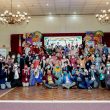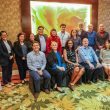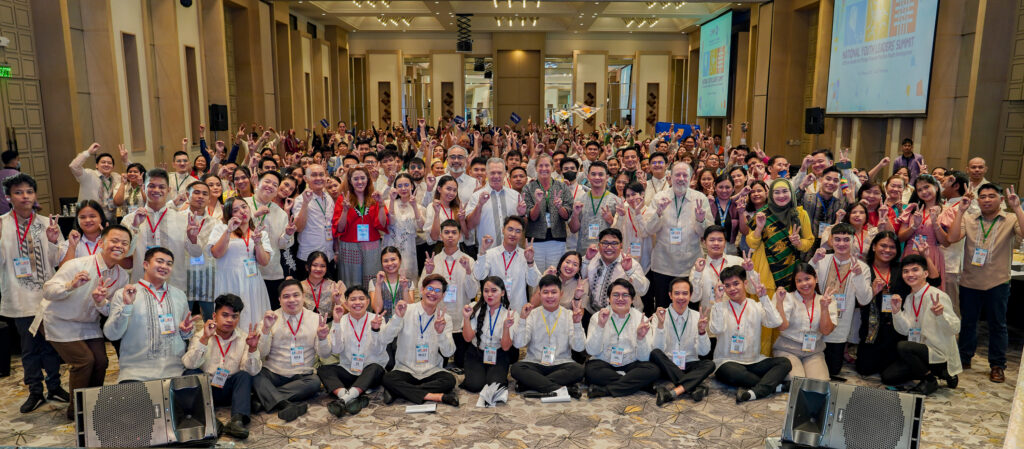
USAID’s positive youth development approach recognizes that youth are core actors in their own development. For the Filipino out-of-school, this means that is it critical for them to be at the table when policymakers discuss programs aimed at changing their lives.
Through the Opportunity 2.0 program in the Philippines, USAID has set up Youth Development Alliances (YDAs) in 15 cities. These alliances allow local actors to collaborate on youth plans, policies, and programs with and for the youth. With more than 800 YDA members and partners trained in positive youth development, the group also serves as a safe space for marginalized youth to develop as leaders and contribute to making their communities better.
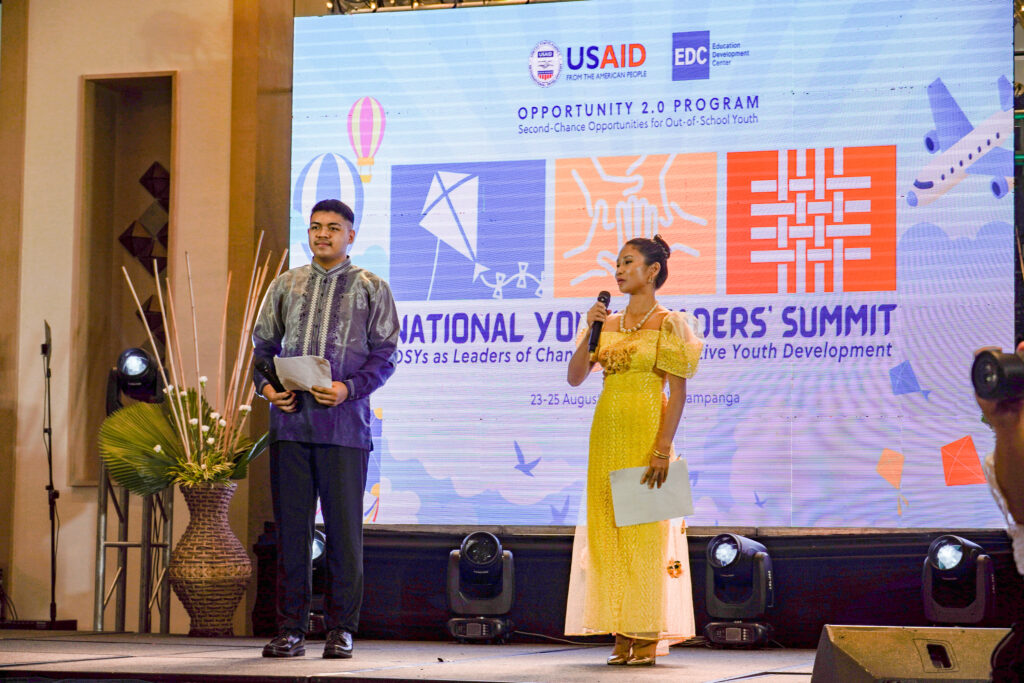
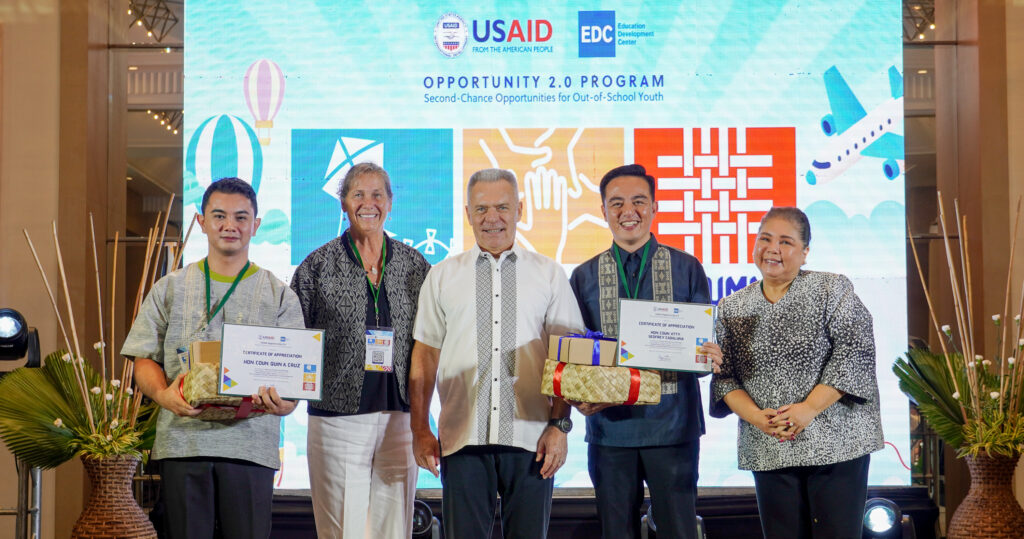
Over the past three years, USAID has fostered more than 1,405 out-of-school youth to be leaders in their communities and serve as the voice of the out-of-school in city planning and programming. These leaders took part in crafting at least 17 new policies in their cities that ensure youth participation in decision-making and implementation. Through these youth-inclusive policies, youth leaders have mobilized over 3,000 more out-of-school youth to volunteer in clean-up drives, tree planting, disaster response relief provisions, health information campaigns, and digital learning, among other city projects that contribute to community development. In celebration of youth leaders and the International Youth Day, USAID organized a National Youth Leaders’ Summit with 200 of its youth leaders from 15 partner cities. Education Director Dr. Thomas LeBlanc led the opening ceremony on August 23rd in Clark, Pampanga.
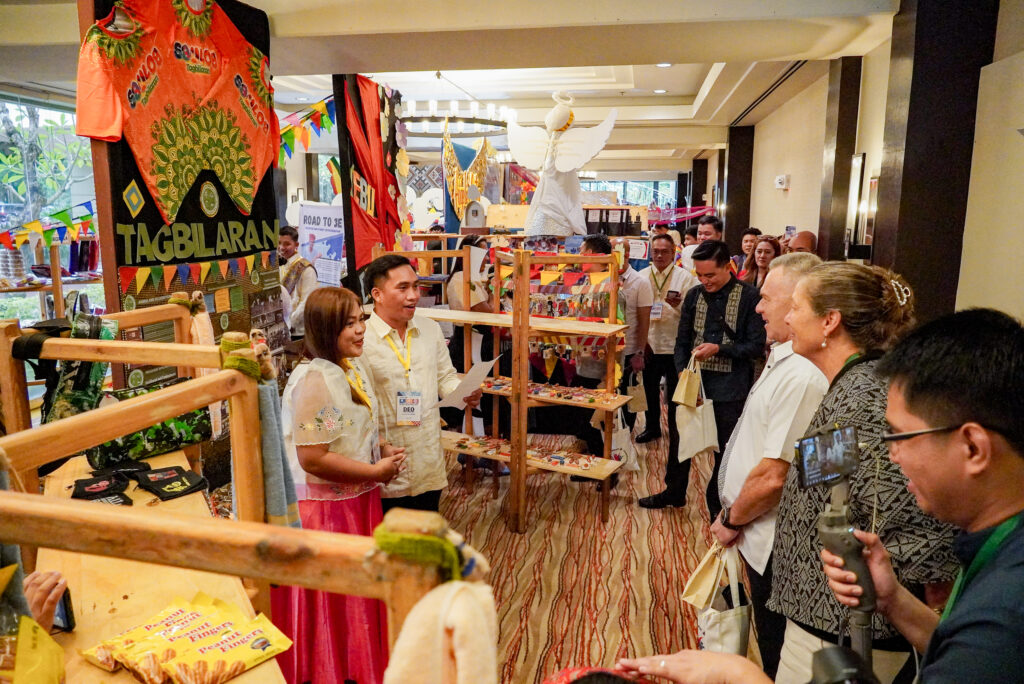
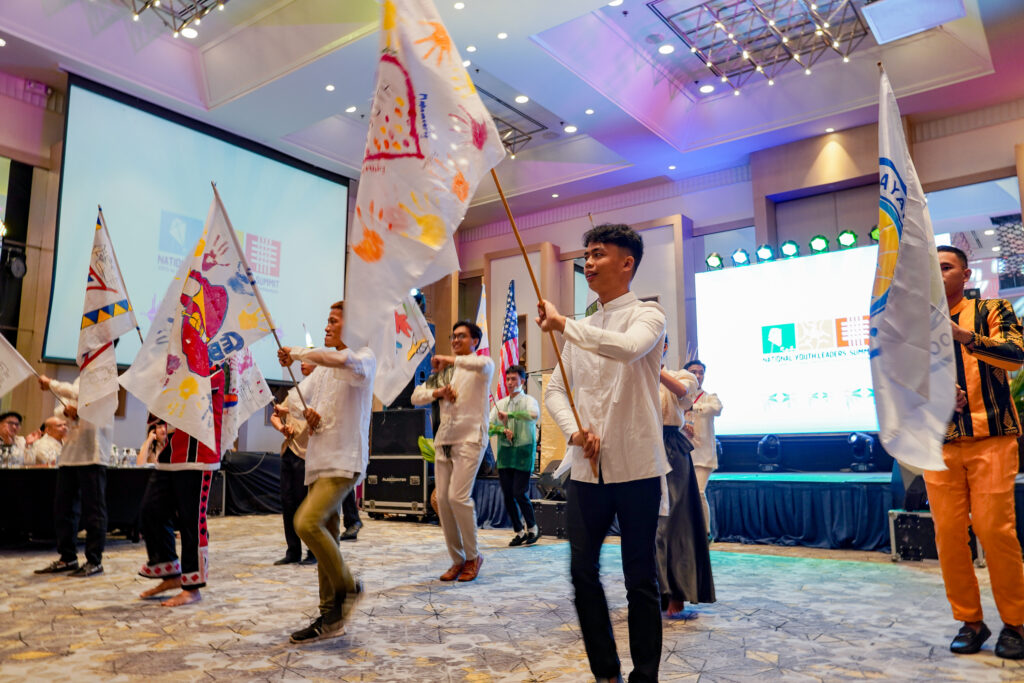
USAID is creating stronger systems that enable out-of-school youth to reach their full potential through positive youth development strategies across the Philippines through YDA building and supporting youth leadership activities. Local actors are sustaining these mechanisms for youth-inclusive planning and programming by crafting city policies that formalize YDAs.#


